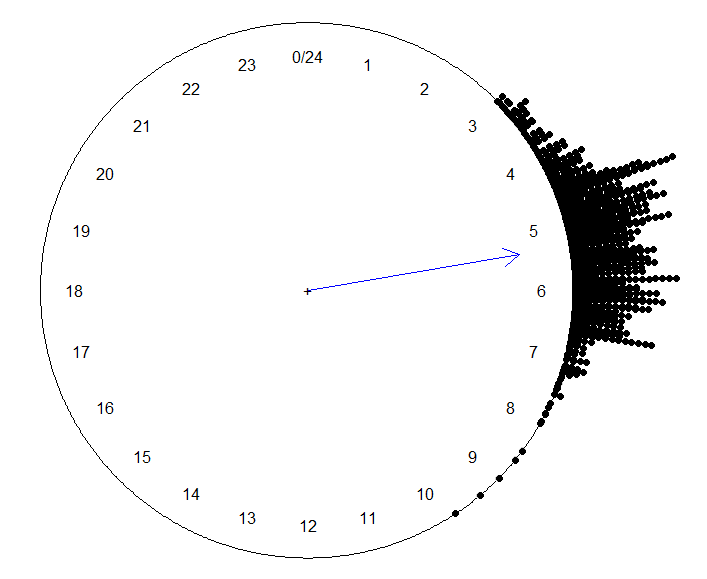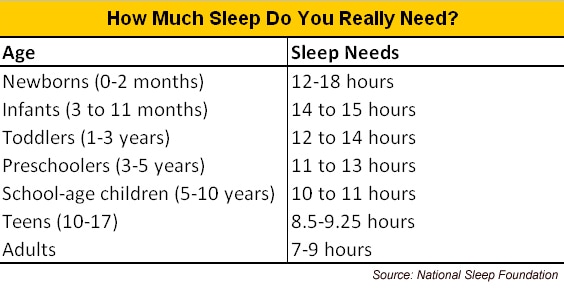

#AVERAGE WAKE UP TIME SERIES#
Instead, our bodies go through a series of waves, called sleep cycles. It turns out we don’t just fall asleep and wake up eight hours later, with no critical happenings charging through our system (how we wish it were that simple).

Let’s take a step back to explain what a sleep cycle actually is, along with what happens when our heads hit the hay at night. Instead, it’s characterized by length, quality, and timing, along with the absence of disturbances and disorders. While getting a certain number of hours of shut-eye is indeed important, normal sleep goes far beyond just clocking in and out. “Get 7-8 hours of sleep per night!” This recommendation is pounded into our heads day after day, night after night. If you know what time you are falling asleep, and want to know the best time to wake up, look no further! Simply add your bedtime into the wake calculator, and it will give you several options for a wake up time and tell you how many sleep cycles you will achieve. However, for many teenagers social pressures conspire against getting the proper amount and quality of sleep.Wake Calculator: What Time Should I Wake Up? It turns out that many teenagers actually may need more sleep than in previous years. Sleep needs remain just as vital to health and well-being for teenagers as when they were younger. There is still a wide range of bedtimes, from 7:30 to 10 p.m., as well as total sleep times, from 9 to 12 hours, although the average is only about 9 hours. New sleep problems do not usually develop after age 3.Īt these ages, with social, school, and family activities, bedtimes gradually become later and later, with most 12-years-olds going to bed at about 9 p.m. At age 3, most children are still napping, while at age 5, most are not. and 8 a.m., just as they did when they were younger. and 8 a.m.Ĭhildren at this age typically go to bed between 7 p.m. Most children from about 21 to 36 months of age still need one nap a day, which may range from one to three and a half hours long. While toddlers need up to 14 hours a day of sleep, they typically get only about 10. and usually varies in length.Īs your child moves past the first year toward 18-21 months of age they will likely lose their morning and early evening nap and nap only once a day. And the late afternoon nap may start anywhere from 3 p.m. The early afternoon nap starts between noon and 2 p.m. The midmorning nap usually starts at 9 a.m. Establishing regular naps generally happens at the latter part of this time frame, as the biological rhythms mature. Establishing healthy sleep habits is a primary goal during this period, as your baby is now much more social, and their sleep patterns are more adult-like.īabies typically have three naps and drop to two at around 6 months old, at which time (or earlier) they are physically capable of sleeping through the night. While up to 15 hours is ideal, most infants up to 11 months old get only about 12 hours of sleep. The longest periods of sleep run four to six hours and now tends to occur more regularly in the evening. In fact, they tend not to have much of a pattern at all.īy 6 weeks of age your baby is beginning to settle down a bit, and you may notice more regular sleep patterns emerging. Since newborns do not yet have an internal biological clock, or circadian rhythm, their sleep patterns are not related to the daylight and nighttime cycles. Premature babies may sleep longer, while colicky babies may sleep less. Newborns typically sleep about 15 to 18 hours a day, but only in short periods of two to four hours.


 0 kommentar(er)
0 kommentar(er)
